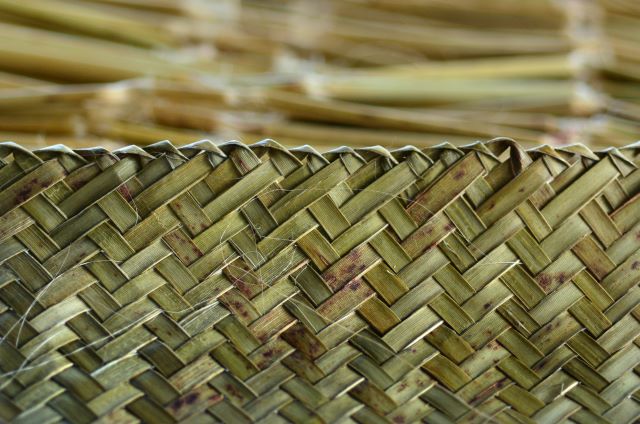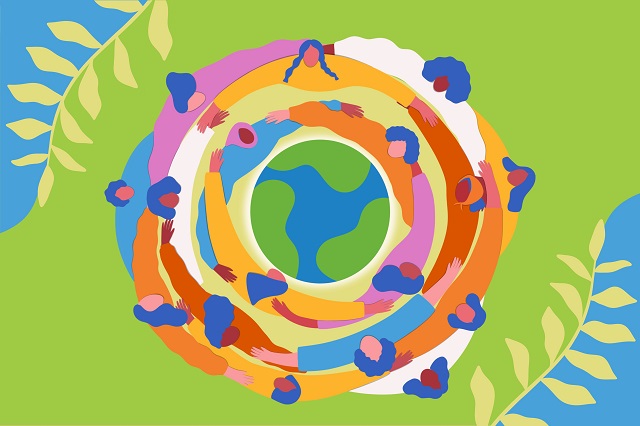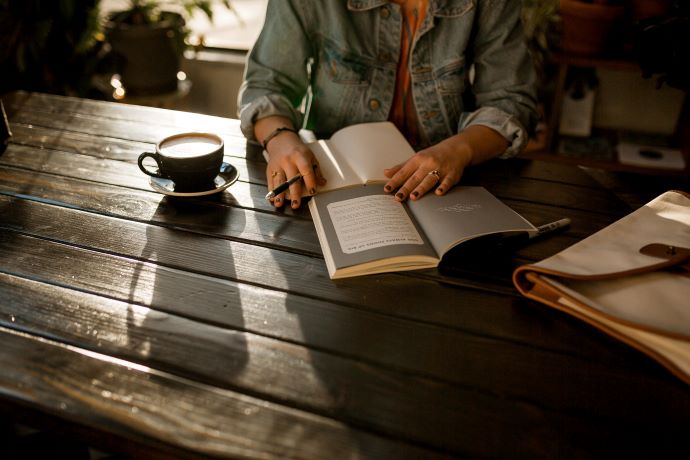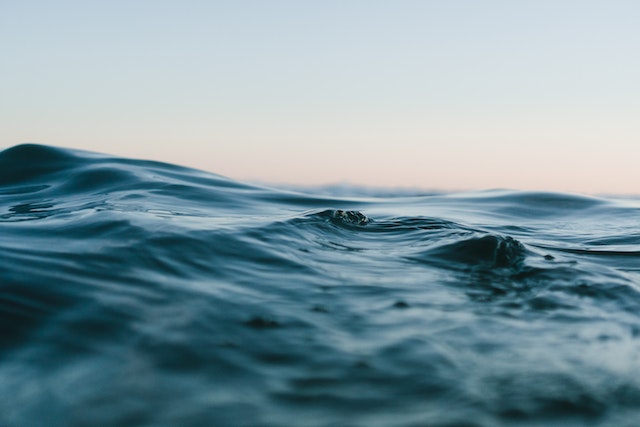International Women’s Day 2024: Events, history and resources
Thu 07 Mar 2024
This year we look at the background and history of International Women's Day, along with resources to learn more.
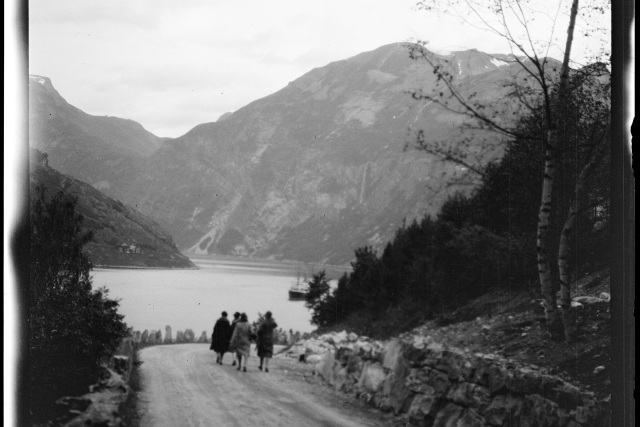
International Women’s Day 2024
Aotearoa events
The 8th of March 2024 marks International Women’s Day. A number of events are taking place around the country in recognition of the day. We have compiled a list of events related to family violence, sexual violence and toiora whānau in our calendar of events including:
- 7 March 2024, 7-8pm - IWD 2024 National Zoom Gathering with guest speaker Dhilum Nightingale - Shanti Ethnic Women's Services, online
- 8 March 2024, 7:30-9am - International Women's Day Breakfast 2024 (Livestream) - Zonta Club of Wellington, online
- 8 March 2024, 9:30am-12pm - Gender Equal NZ Conference - NCWNZ Wellington Branch, online
- 8 March 2024, 12:30-2pm - Countering Misogyny: The Link Between Online Misogyny and Violent Extremism - NCWNZ Influence Action Hub, online.
The National Council of Women New Zealand | Te Kaunihera Wāhine of Aotearoa has a broader list of additional events happening around the country for International Women's Day.
International Women’s Day is not typically a significant day in maramataka Māori. However, media have often highlighted wāhine Māori in recognition of International Women's Day:
- Recognise wāhine on International Women's Day - Glavish (2018) from Te Ao Māori news
- International Women's Day: The wahine fighting for the rights of Māori and women past and present (2022) from Stuff
- International Women’s Day: Inspirational wāhine making a difference (2022) from One News
- Wahine Māori lagging on Women’s Day measures (2023) from Waatea News.
For more stories of wāhine Māori see NUKU from Qiane Matata-Sipu. NUKU amplifies Indigenous female change-makers, system shakers and leaders through audio podcasts, photography, videography, books, art and live events.
UN theme
The 2024 United Nations theme for International Women’s Day is Invest in women: Accelerate progress. 5 key areas are identified for global advocacy and activism:
• “Investing in women, a human rights issue: Time is running out. Gender equality is the greatest human rights challenge, benefiting everyone.
• Ending poverty: Due to the COVID pandemic and conflicts, 75 million more people have fallen into severe poverty since 2020. Immediate action is crucial to prevent over 342 million women and girls living in poverty by 2030.
• Implementing gender-responsive financing: Conflicts and rising prices may lead 75% of countries to cut public spending by 2025, negatively impacting women and their essential services.
• Shifting to a green economy and care society: The current economic system disproportionately affects women. Advocates propose a shift to a green economy and care society to amplify women's voices.
• Supporting feminist change-makers: Despite leading efforts, feminist organizations receive only 0.13% of official development assistance.”
The 68th session of the United Nation's Commission on the Statue of Women (CSW68) is taking place in New York from 11 - 22 March 2024. The priority theme for CSW68 is “Accelerating the achievement of gender equality and the empowerment of all women and girls by addressing poverty and strengthening institutions and financing with a gender perspective.” Some of the key topics include: gender budgeting, financing social protection and care systems, engaging and financing women’s organisations and collectives, and the intersection of poverty and gender.
A delegation from Aotearoa will be attending, including the CSW68 non-governmental delegate Aleisha Amohia.
The www.internationalwomensday.com website, which started in 2001, is not connected to the UN or women’s movements. It is managed by a UK-based marketing company to promote themes and hashtag campaigns for International Women’s Day with corporate sponsorship. In 2024, the internationalwomensday.com theme is #InspireInclusion. For more about the background on the website see the Women's Agenda 2024 article Don’t ‘Inspire Inclusion’ and get duped again on International Women’s Day and the 2023 article Please don’t ’embrace equity’ this IWD. You’re being duped.
History of International Women's Day
The United Nations website notes that "International Women's Day first emerged from the activities of labour movements at the turn of the twentieth century in North America and across Europe."
International Women’s Day has its roots in Western socialist and trade union and movements and later, the Western second-wave feminist movement. Socialist women in the early 20th Century proposed an annual Women’s Day, which would highlight women’s suffrage as a step towards socialism and ending capitalism. Socialists argued that ending capitalism and socialising care and education would release women from both wage slavery and domestic slavery.
In an blog on The Socialist Origins of International Women’s Day, academic researchers highlighted that Women’s Day promoted a socialist women’s agenda “...not just female suffrage, but labor legislation for working women, social assistance for mothers and children, equal treatment of single mothers, provision of nurseries and kindergartens, distribution of free meals and free educational facilities in schools, and international solidarity.” Women’s Day organisers were opposed to what they called ‘bourgeois feminism’, which aims for equality between the sexes but not an end to capitalism.
In the late 1960s, second-wave feminists adopted International Women’s Day as a day of activism for women’s rights, with events often involving feminists, left-wing activists, women’s groups and labor organisations, calling for such issues as equal pay, political parity, reproductive rights and child care. In 1975, during the International Women's Year, the UN began celebrating 8 March as International Women's Day.
To learn more about the history of International Women's Day see academic Birgitte Søland's article International Women's Day (2019) and the Feminist Studies article, On the Socialist Origins of International Women's Day (1985).
Related resources
To further explore the intersection of gender and social justice including colonisation, racism and poverty see:
- Mana Wahine reader: A collection of writings 1987-1998, Volume I (2019) and Mana Wahine reader: A collection of writings 1999-2019, Volume II (2019): Leonie Pihama, Linda Tuhiwai Smith, Naomi Simmonds, Joeliee Seed-Pihama and Kirsten Gabel edited and compiled writings on Mana Wahine and Māori women’s writings on Māori feminist approaches.
- Essays on unpaid work (2019): This series of essays written by a range of authors was commissioned by Manatū Wāhine | Ministry for Women to look at differing aspects of unpaid work from a variety of cultural perspectives and work-related settings.
- Living a Feminist Life (2017) by Sara Ahmed: This book explores how feminist theory is generated from everyday life and the ordinary experiences of being a feminist at home and at work. Learn more about the author in this interview Sara Ahmed: Notes from a Feminist Killjoy.
- Warehousing our humanity (2022) by Tracey McIntosh: This E-Tangata article explores prisons and structural violence.
- He Waka Eke Noa: Māori Cultural Frameworks for Violence Prevention and Intervention (2023): The final report from this Kaupapa Māori project documents the violence of colonising systems and structures, the ways the State harms Māori people and systems, and the potential of tikanga for collective safety and wellbeing.
Find more information and resources in our related news stories below.
Related media
‘The patriarchy may be pushing back, but so are we’, UN chief tells CSW68, UN News, 13.03.2024
International Women’s Day: UN chief launches plan to tackle ‘baked-in bias’, UN News, 08.03.2024
What are the four waves of feminism? And what comes next?, The Conversation, 08.03.2024
Women at the UN: Everything you need to know about #CSW68, UN News, 07.03.2024
Image: Women on the road, 1929, Norway, maker unknown. Te Papa (A.015825)



